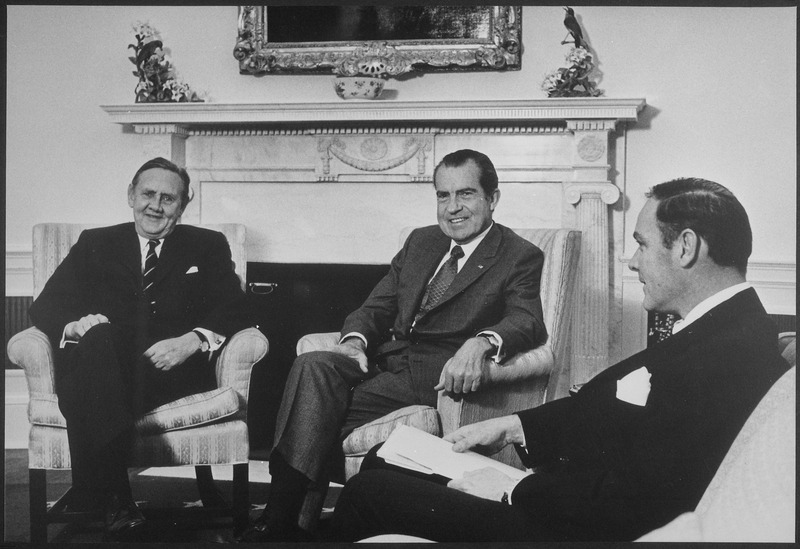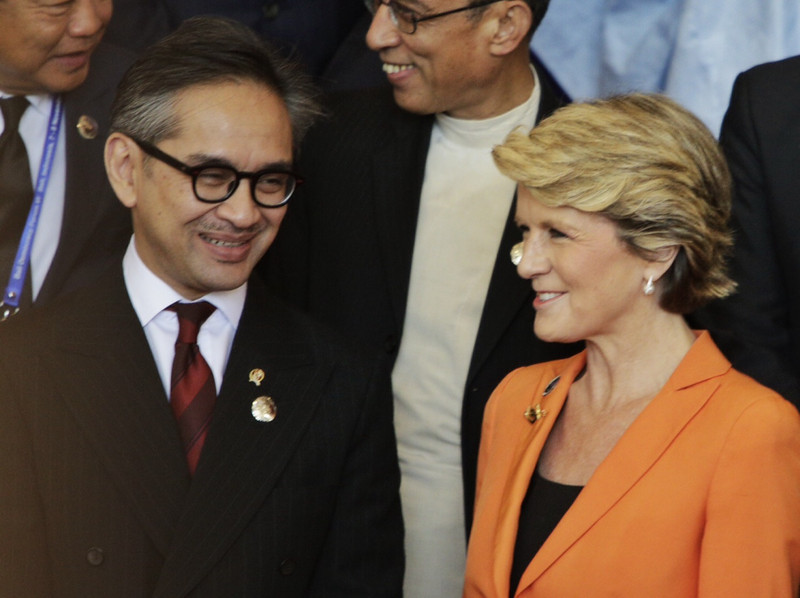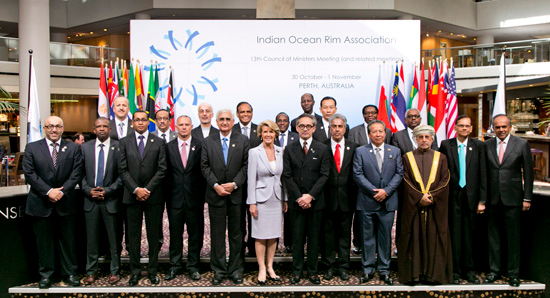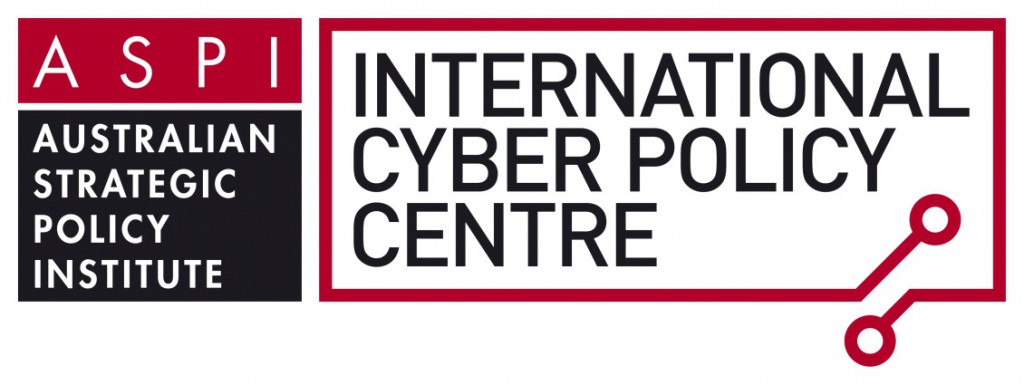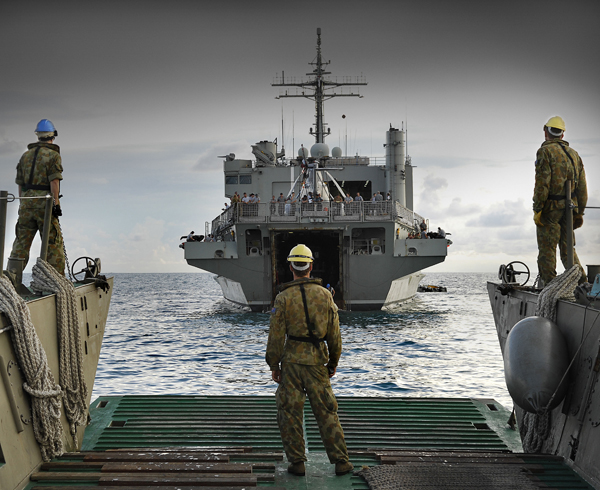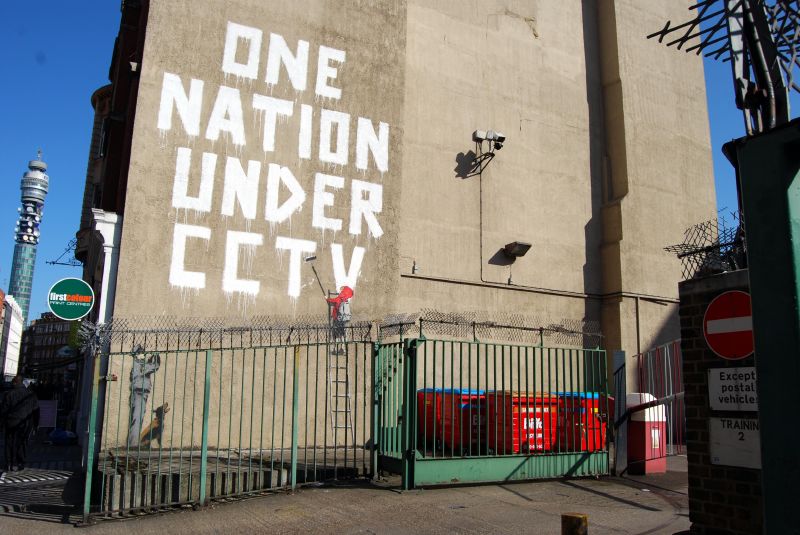An ambassador for countering transnational crime
The Australian Crime Commission has warned that a significant amount of Australia’s organised crime problem is generated overseas. Foreign countries are often the sources of drugs and guns, and may provide the bases where criminal syndicates are organised, or house the banks where money is laundered. Criminal gangs might also undermine the governments and economies of neighbours. With all of these vectors in play, Australians will feel the effects of offshore-based crime in some way.
But while our domestic arrangements have received significant attention lately, there’s been little mention of how we should enhance our ability to attack the problem of organised crime when it’s based offshore.
There’s something the Australian Government could do right now, and it’d be cheap and quick to organise: it could add responsibility for serious and organised crime to the portfolio of an existing Ambassador with specific security responsibilities. This isn’t a new idea, but its time has come.


